In ancient Egyptian mythology, birds played a pivotal role, symbolizing divine power, protection, and connection to the sky. These winged creature were woven into the fabric of Egyptian life, representing various concepts and aspects of their beliefs. From the majestic falcon to the wise ibis, each bird species held unique significance, reflecting the Egyptians’ deep reverence for nature and the spiritual realm.
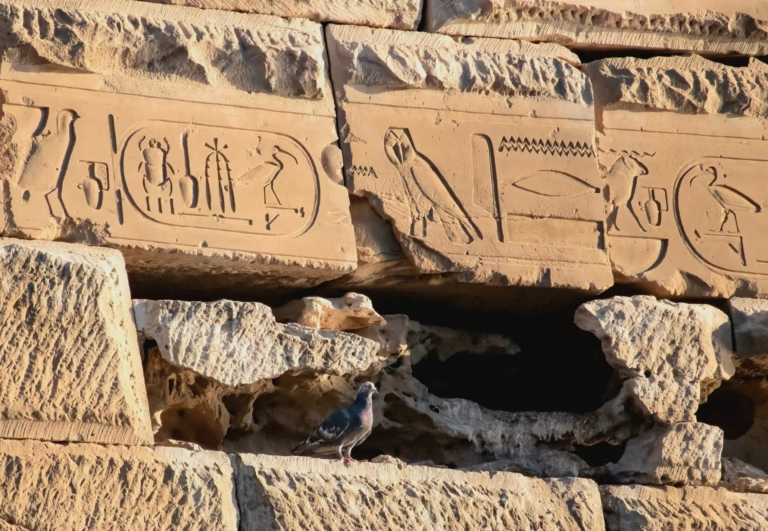
Birds as Divine Messengers and Protectors
Birds were seen as messengers between humans and gods, carrying prayers and offerings between the mortal and divine realms. The ancient Egyptians believed that birds’ ability to fly and soar through the sky made them ideal intermediaries. The falcon, associated with Horus, symbolized protection, kingship, and the celestial sun, while the vulture, linked to Nekhbet, represented motherly protection and royal authority.
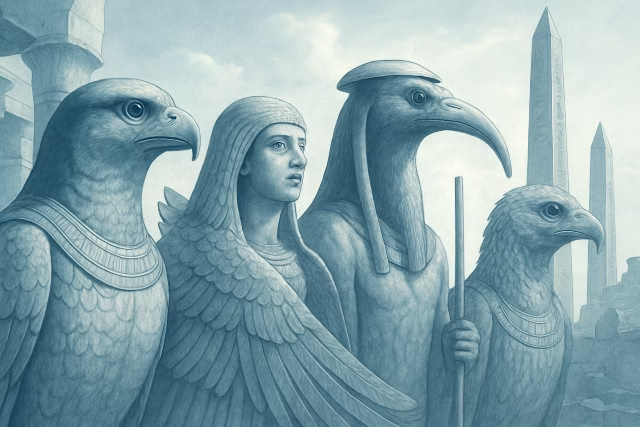
Birds in Egyptian Mythology and the Afterlife
In Egyptian mythology, birds played a crucial role in the afterlife, representing aspects of the soul and guiding the deceased through the spiritual transition. The Bennu bird, with its association with resurrection and rebirth, exemplified the cyclical nature of life and death.
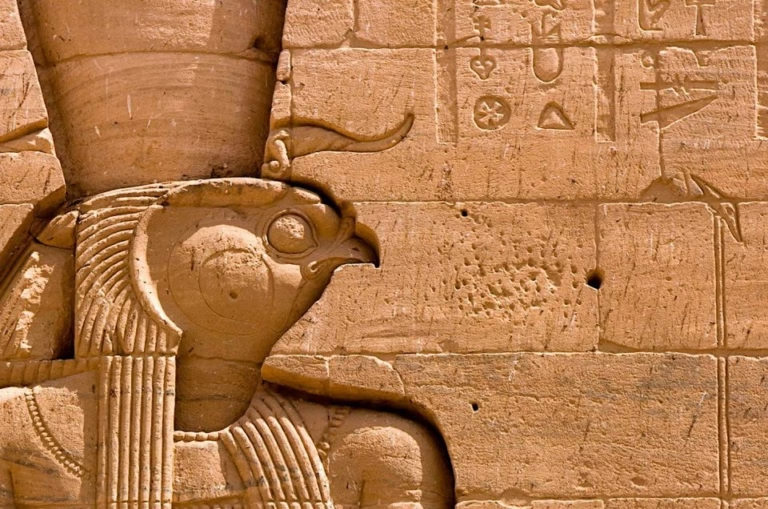
Key Bird Symbols in Egyptian Mythology
Falcon: Representing Horus, the falcon symbolized protection, kingship, and the celestial sun.
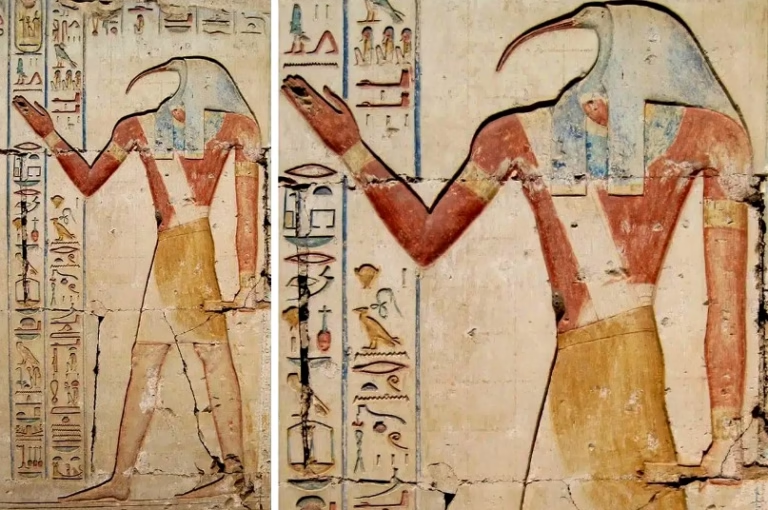
Ibis: Associated with Thoth, the ibis represented wisdom, knowledge, and writing.
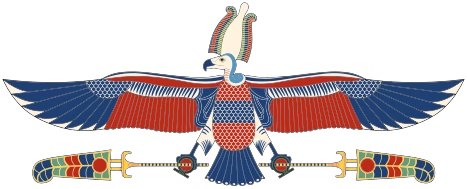
Vulture: Linked to Nekhbet, the vulture symbolized motherly protection and royal authority.

Bennu Bird: A heron-like bird, the Bennu symbolized resurrection and rebirth, connected to the sun god Ra.
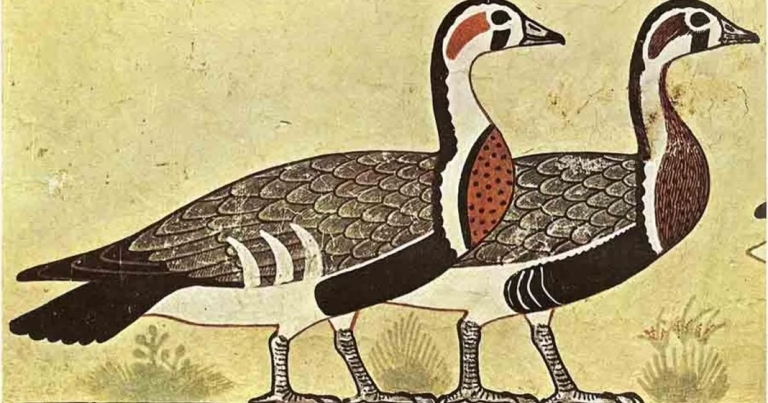
Each of these bird gods played a role in Egyptian myths. Horus, for instance, was the falcon-headed protector of the pharaoh, while Thoth’s ibis symbolized knowledge and the scribes. The vulture goddess Nekhbet safeguarded the king, and the Bennu heron embodied the sun’s rebirth. Even the Ba soul was shown as a bird that could leave the body after death.
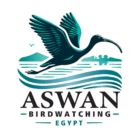
Pingback: Cultural Legends About Birds in Upper Egypt